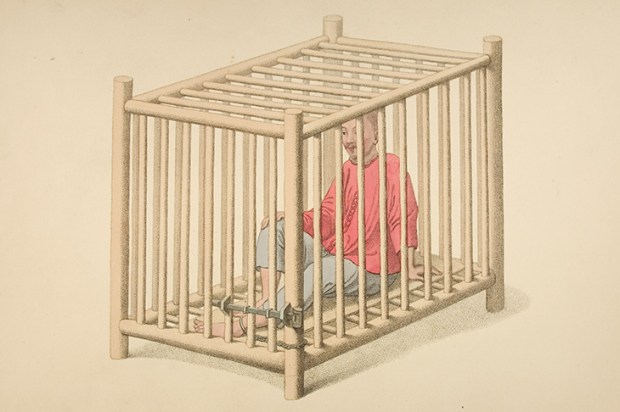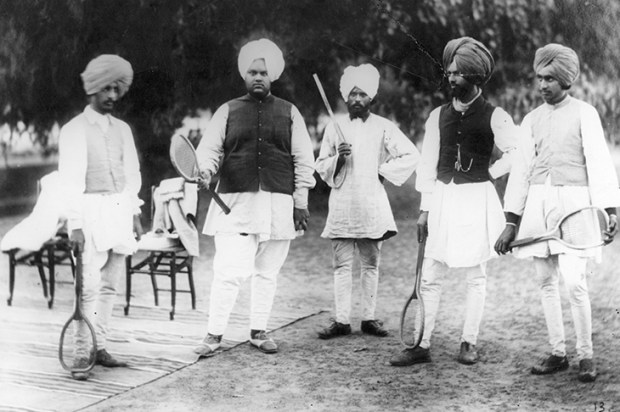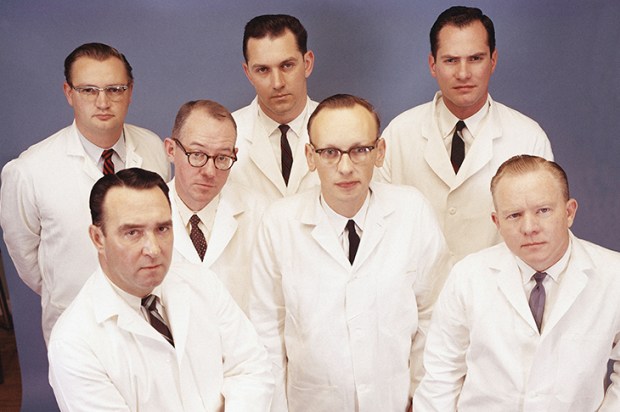Speccie reader Terry writes to ask when and where did ‘non-binary’ come into the language – and who applied it to gender? Well, ‘non-binary’ started out, in 1941, as meaning quite simply ‘not part of two’ – as in ‘our Sun is a non-binary star’.
In 1995 it was applied to human sexuality – which we all thought was binary (either XX or XY). It first appeared in a newsletter put out by the Society for the Support of the Transgendered (so, no surprise there). The dictionaries say that when used this way ‘non-binary’ means ‘not identifying as either male or female’. And I understand Terry’s confusion, because that claim baffles most people. We would understand if you said you were male, female, gay, bisexual, or even that you are switching from male to female (or the other way around).
But when you tick a box that says ‘none of the above’ we are left baffled. There are no other options. Jesus famously said, ‘In the beginning the Creator made them male and female.’ (Matthew xix 4). Which makes sense to everyone except the terminally confused.
Is it time to revive the good old communist word ‘commissar’? The word came into English from a post-classical Latin word meaning someone delegated to exercise power. It first turned up in English in 1918 when the Bolsheviks started using this word for a member of an executive committee of senior government officials formed after the October Revolution of 1917, and known as the Council of People’s Commissars.
They also used it for the head of any government department in the Soviet Union or any of its constituent republics. So, should anyone who exercises ‘communist-like’ powers be called a ‘commissar’? Should the eSafety Commissioner be renamed the eSafety Commissar? And should the bureaucrats who will use Tanya Plibersek’s ‘Nature Positive’ proposal to rule (or overrule) all development proposals be called ‘commissars’? It would, at least, be an honest word, surely? Of course, Anthony Albanese might complain that only the ‘Trots’ use ‘commissar’!
Another Speccie reader, Bill, wants to know how ‘sorry’ can have such different meanings – either taking responsibility and apologising or just expressing condolences. Well, Bill, I think this one is okay. ‘Sorry’ is a very old word – going back to the days when Anglo-Saxons spoke Old English. Its original core meaning was ‘sadness’. But language doesn’t stand still, and over time many words develop multiple meanings. In the case of ‘sorry’ it came to reflect (at least) two types of sadness – the empathetic sadness of sharing your unhappiness, and the guilty sadness over what is causing your unhappiness.
Got something to add? Join the discussion and comment below.
Contact Kel at ozwords.com.au
You might disagree with half of it, but you’ll enjoy reading all of it. Try your first month for free, then just $2 a week for the remainder of your first year.













